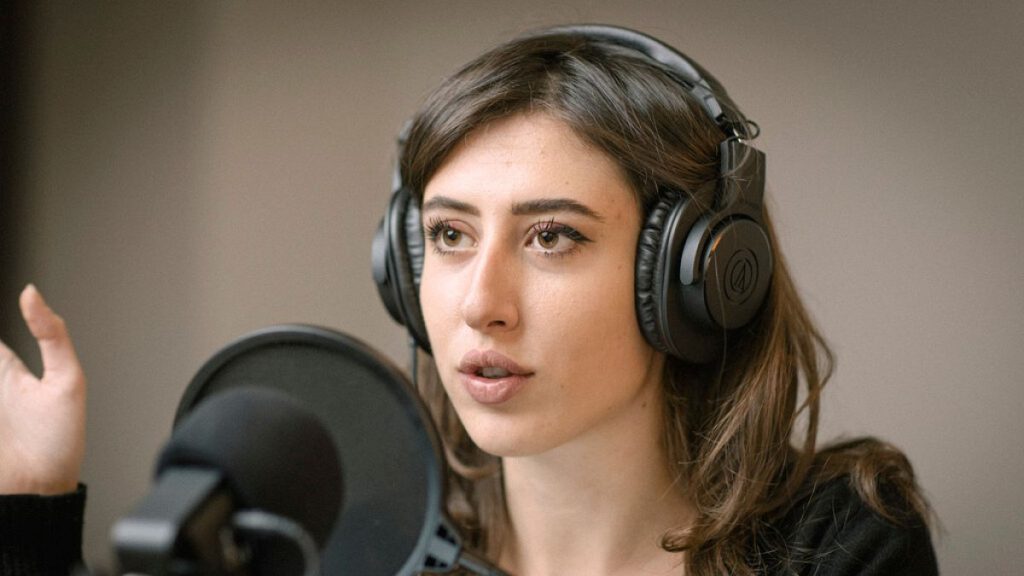Cecilia Sala, a 29-year-old Italian journalist, has been released from Iranian detention and is returning to Rome. Sala, who worked for the Italian daily newspaper Il Foglio and the podcast company Chora Media, had been held in Iran since December 19th, 2023, just three days after entering the country on a valid journalist visa. Italian Prime Minister Giorgia Meloni announced Sala’s release and departure from Tehran, crediting “intensive work on diplomatic and intelligence channels” for securing her freedom. Meloni stated that the Italian government had informed Sala’s family of the positive development. Iranian authorities have not yet issued an official statement regarding the release.
Sala’s detention followed her arrival in Iran on December 16th, where she intended to report on the country, a place she reportedly held a deep affinity for. Her work focused on documenting the complex realities within Iran, particularly in the face of information suppression and repression. Leading up to her arrest, Sala produced a series of podcasts featuring interviews with Iranians from diverse backgrounds, including a female comedian, a former military commander, and a young woman challenging conservative societal norms. These interviews likely touched upon sensitive topics within the Iranian context, potentially contributing to her subsequent detention.
On December 19th, the day before her scheduled departure, Sala ceased communication, leading to concerns about her well-being. Local media reports later confirmed her detention. Iranian authorities accused Sala of “violating the laws of the Islamic Republic of Iran,” although the specific nature of these alleged violations remained unclear. The Iranian Ministry of Culture and Islamic Guidance announced an investigation into Sala’s case, further deepening the uncertainty surrounding her situation.
Throughout Sala’s detention, the Italian government maintained consistent efforts to secure her release. The Italian Foreign Ministry emphasized its commitment to the case, highlighting the “utmost attention” and “high-level political and diplomatic action” employed to achieve her freedom. The ministry’s proactive approach underscores the importance placed on the safety and well-being of Italian citizens abroad, especially those working in challenging environments like Iran.
Il Foglio, Sala’s employer, vehemently defended her journalistic work, asserting that “journalism is not a crime.” The newspaper highlighted Sala’s legitimate presence in Iran with a valid visa, emphasizing her intention to report on the country’s complexities, particularly the challenges faced by those seeking free expression under repressive conditions. Il Foglio’s statement reflects the broader concerns regarding press freedom and the risks faced by journalists operating in countries with restricted media landscapes.
Sala’s release marks the culmination of sustained diplomatic efforts by the Italian government. The precise details of the negotiations that led to her freedom remain undisclosed. However, it is evident that the Italian authorities prioritized securing her safe return, employing diplomatic channels and intelligence resources to achieve this objective. The incident highlights the delicate balance between journalistic pursuits in sensitive regions and the potential repercussions for reporters who challenge established narratives or delve into topics deemed controversial by governing authorities. It also underscores the critical role of diplomatic interventions in protecting journalists and upholding press freedom principles.














